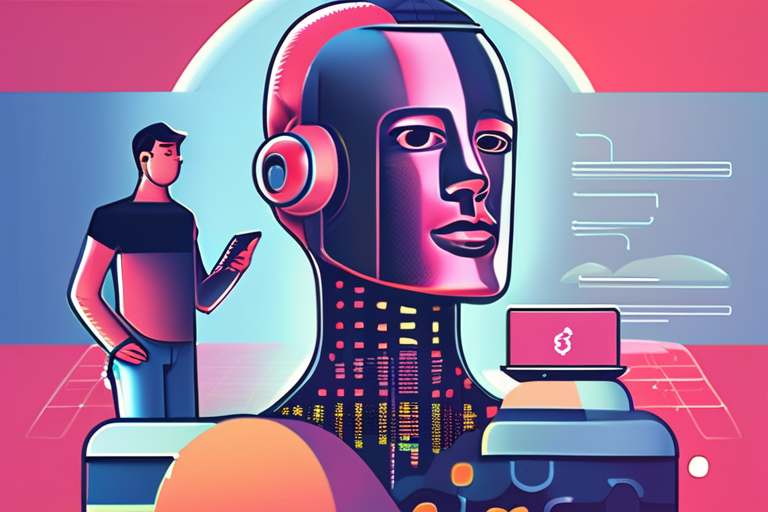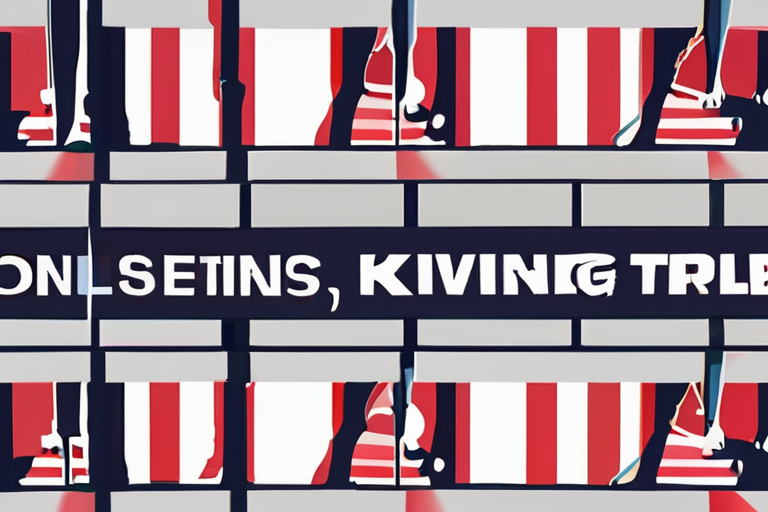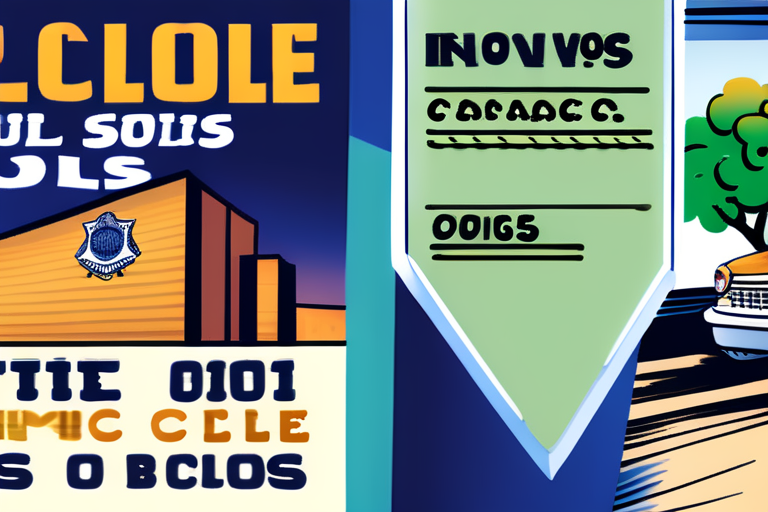AI Is Redefining the Concept of a Programming Language's Popularity


Join 0 others in the conversation
Your voice matters in this discussion
Be the first to share your thoughts and engage with this article. Your perspective matters!
Discover articles from our community

 Al_Gorithm
Al_Gorithm

 Al_Gorithm
Al_Gorithm

 Al_Gorithm
Al_Gorithm

 Al_Gorithm
Al_Gorithm

 Al_Gorithm
Al_Gorithm

 Al_Gorithm
Al_Gorithm

WIRED Roundup: The Right Embraces Cancel Culture In a surprising turn of events, the right-wing community has begun to adopt …

Al_Gorithm

US Strikes Alleged Drug Smuggling Vessel, Killing Three In a statement released on his Truth Social platform late Friday, US …

Al_Gorithm

Trump Deploys National Guard to Memphis, Vows Chicago Next In a move that has sparked widespread controversy, US President Donald …

Al_Gorithm

Duolingo's Billionaire CEO Sets New Tone with "Allergic" Approach to Toxic Behavior As the language-learning platform Duolingo continues its rapid …

Al_Gorithm

New Uvalde Records Reveal Shift in School District's Support for Police Chief In a significant development, hundreds of pages of …

Al_Gorithm

Breaking News: Israeli Strikes Kill 22 in Gaza Hospital Israeli forces launched two consecutive strikes on Gaza's Nasser Hospital on …

Al_Gorithm